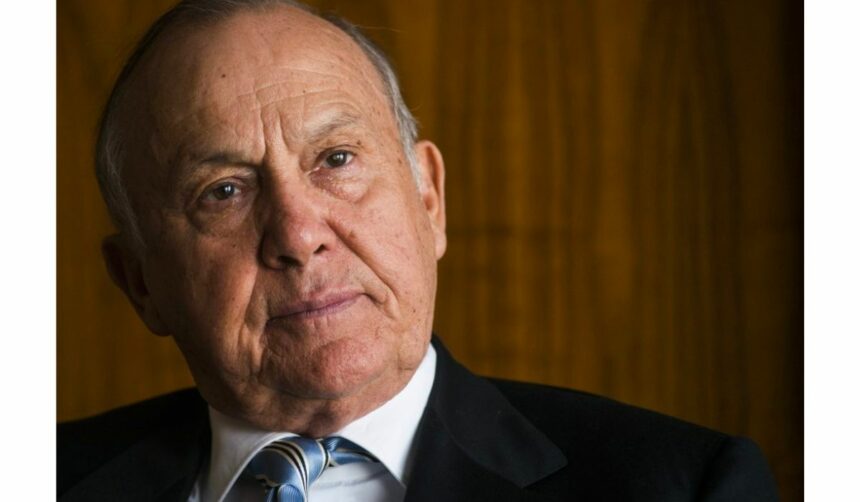South African billionaire Christo Wiese has expressed optimism about Nigeria’s economic prospects, asserting that the recent business exodus from the country is only a temporary setback.
As the former chairman of Shoprite Holdings Ltd., Africa’s largest grocer, Wiese highlighted the impossibility for businesses to ignore Nigeria’s substantial and expanding population.
Despite the exit of major players like Shoprite and Procter & Gamble Co., Wiese confidently stated that significant investors would inevitably return.
The exodus trend gained momentum with Procter & Gamble Co. abandoning Nigeria in December, alongside announcements from other global conglomerates such as GSK Plc, Bayer AG, and Sanofi SA.
The departure of these corporations raised concerns, considering their longstanding presence in Nigeria.
Issues cited for the withdrawals include challenges in repatriation of earnings due to a scarcity of dollars, currency devaluation by the central bank, and persistent obstacles like unreliable electricity and port congestion.
Wiese emphasized that many foreign investors, including those from South Africa, view Nigeria with caution, believing it is premature to engage fully. He suggested a wait-and-see approach, anticipating that economic development and favourable government policies would attract investors back.
The implications of these corporate exits are significant for Nigeria, already grappling with challenges in diversifying its economy. The nation’s $394 billion economy, heavily reliant on oil, faces increased pressure as corporate investments dwindle.
The struggling naira, depreciating by 86% over the past eight years, is further strained by these developments.
Despite possessing substantial oil reserves, fertile land, and a burgeoning population, Nigeria’s economic potential has been hindered by policy missteps, corruption, and an overreliance on oil.
The middle class, a key driver of consumer goods demand, has not expanded as expected, impacting the profitability of businesses in the country.










